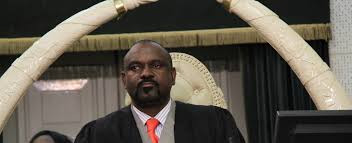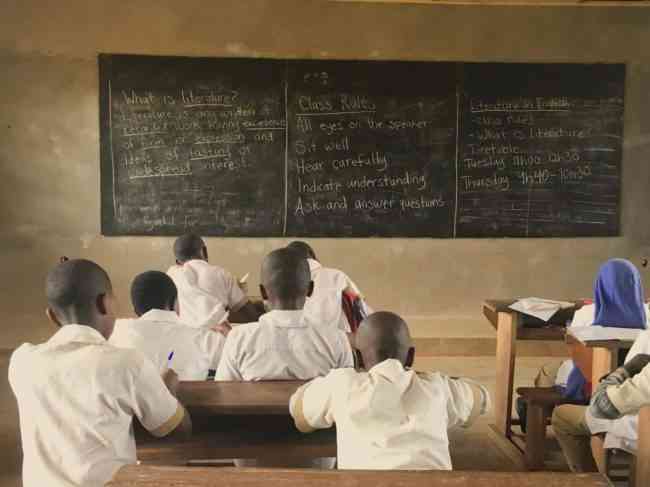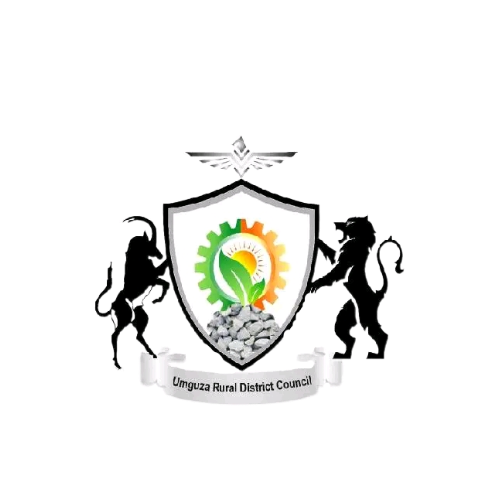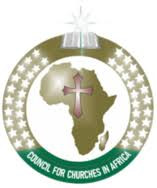
FORMER Speaker of the National Assembly and leader of the opposition United Movement for Devolution, Lovemore Moyo, says third world countries, including Zimbabwe, continue to face exploitation of its raw materials with no efforts to stop the scourge.
He added that this has resulted in worse poverty being experienced in many African countries, with Zimbabwe set to be one of the hardest hit.
Moyo was reacting to recent remarks made by the Zimbabwe International Trade Fair (ZITF) chairperson Busisa Moyo during the International Business Conference held at the ZITF Exhibition Park, where he said only 6% of Zimbabwe’s exports are value-added out of the US$10 billion worth of exports.
The ZITF chairperson made the remarks during the International Business Conference held at the Zimbabwe International Trade Fair on Wednesday, running under the theme Revitalising Industrialisation for Zimbabwe’s Economic Resurgence.
The former Speaker said the ZITF chairperson was very accurate and to the point in his remarks, adding that it should be noted that the issue of exporting raw material is a third world phenomenon with no immediate light at the end of the tunnel.
“The truth is that the first world and developing countries implement a deliberate strategy of perpetuating dependency syndrome and economic subjugation, forcing the underdeveloped countries to sell their raw materials cheaply,” he said.
“It is also true that Zimbabwe is one such victim of economic exploitation by the Western and Asian markets.
“Of great concern is that most African countries, including Zimbabwe, are complicit to this economic exploitation by allowing the exportation of minerals in their raw form.”
- SanganaiHlanganani Expo dates set
- Parly approves 2022 supplementary budget
- ZITF Company launches AfriConfex
- Call for fresh PVOs Bill public hearings
Keep Reading
He added that the status quo has prevailed years after independence, adding that the ruling elite seem to turn a blind eye simply because of the corrupt benefits accrued by government authorities at the expense of the local economy.
“In simple terms, the government of Zimbabwe must work towards decolonisation of the economy as they have political power and control State resources. Absolutely, there’s no justification for a sovereign State like Zimbabwe to continue with the incubation of colonial economic policies,” Moyo said.
“Therefore, radical economic transformation is required, which is driven by the beneficiation of our minerals.
“The biggest hindrance to the economic transformation is unfettered appetite for corruption and looting of natural resources in collaboration with foreign economic predictors.”
He said as long as African governments use the economic template prescribed by the Bretton Woods institutions, they would never break the chains of colonial bondage.
Indications are that despite Zimbabwe being endowed with over 63 mineral resources and rich natural resources such as land and forestry, concerns are high that in its very limited exports, less than 6% of them are value-added.
This means there are high chances that the country later imports the same products after value-addition in foreign land.









